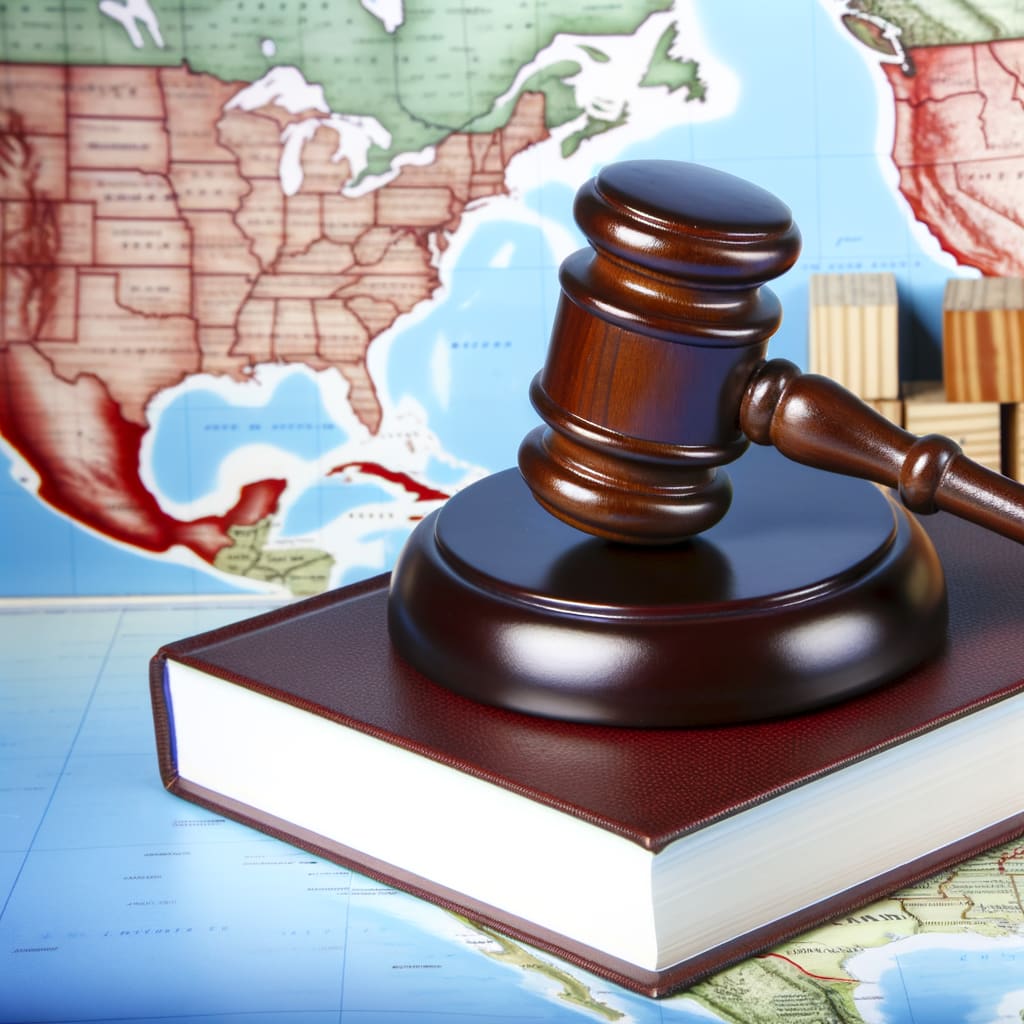US Federal Appeals Court Allows Trump's Tariffs to Stay in Place
In a significant turn of events, a U.S. federal appeals court has granted a stay that allows President Donald Trump's sweeping tariffs to remain in effect temporarily. This decision came shortly after a federal court ruled that the president had overstepped his boundaries in imposing the so-called Liberation Day
tariffs, triggering reactions from various quarters.
Background and Context
Earlier this year, President Trump announced a new tariff policy, imposing a baseline 10% tariff on all imported goods, with higher rates for certain countries, including China and the European Union. This move, which Trump framed as a bid to revitalize U.S. manufacturing and protect against foreign exploitation, was met with criticism and backlash from several domestic and international players.
The Court Rulings and Trump's Reaction
However, a slew of lawsuits arguing that Trump had exceeded his authority led the U.S. Court of International Trade to rule his sweeping tariffs illegal. The court stated that the International Emergency Economic Powers Act (IEEPA) does not authorize the president to impose unbounded tariffs. This ruling was hailed as a victory by those who had failed to dissuade the president on the tariff issue.
In response to the ruling, the Trump administration lodged an appeal, with the president expressing his anger on social media, suggesting that the initial ruling was politically motivated and harmful to the U.S. economy.
Despite the initial block, the U.S. Court of Appeals for the Federal Circuit granted a stay, temporarily allowing the tariffs to remain in effect. This decision introduces new uncertainty into Trump's overall approach to trade.
Global Reactions and Implications
The initial ruling and subsequent stay have stirred reactions across the globe. Many companies, already grappling with the erratic nature of U.S. trade policies, have found it impossible to accurately estimate costs. For instance, storied sports car maker Porsche, facing challenges from China and slumping demand for electric cars, now has to grapple with tariffs from the Trump administration.
At the same time, the rulings have given America's trading partners reason to weigh their next moves. According to Alan Beatty, the best option for the EU and the global trading system in these circumstances is for Brussels to stop negotiating one-sided concessions with Washington and to forge anti-Trump deals
with other countries.
Current Status
As it stands now, the Trump administration's tariff policy remains in effect, albeit temporarily. The stay has left businesses in a state of uncertainty, even as they hope for a final ruling that might strike down the tariffs. As the legal battle continues, observers advise foreign governments, companies, and other clients to assume the tariffs will resume in one form or another as President Trump is likely to explore other options for his tariff assault.

